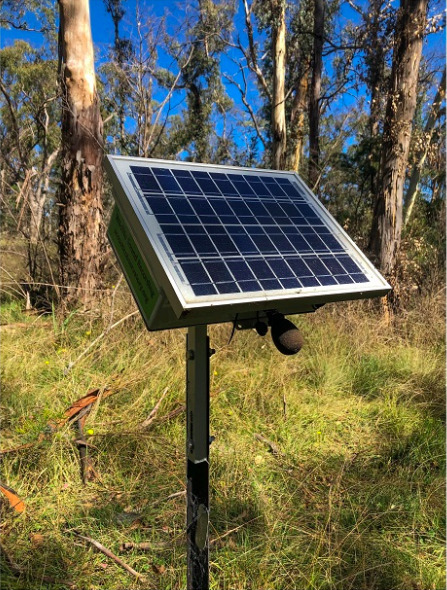Zooniverse has launched a new project named BirdSong. Its objective: to help researchers understand the sound of birds, and to develop automatic recognition systems by listening to their songs.
The citizen science site Zooniverse launched a project called BirdSong on June 21, 2022, to develop call recognition systems for a series of bird species, including some that are rare and endangered. Rather than manually listening to the audio data, the team in charge of the project aims to ” use automatic identifiers to identify species-specific vocalizations “. To carry out this project, the researchers set up a noise classifier to which everyone can contribute.
Classify bird calls to help scientists
In order to help scientists identify bird song, you must first go to the Zooniverse site. Then you are asked to listen to an audio clip — the recording is very short, it lasts about 3 seconds. At the end of your listening, you will have the possibility to press the box ” yes “ if you think you heard the sound of a bird, or ” Nope “ if on the contrary you have not heard it (all this, in English).
The project will allow researchers to increase their ability to monitor environments using audio data. On its website, the team in charge of BirdSong specifies that “ all audio recordings are from passive acoustic recorders deployed as part of the Australian Acoustic Observatory “.

These recorders can capture the noise of a wide variety of animals says the BirdSong team. Thanks to solar panels and the energy of the Sun, they can be recharged automatically, autonomously. They are also equipped with SD cards, themselves equipped with a large storage capacity, which is used in particular to collect audio data 24 hours a day throughout the year.
” Researchers alone are not able to classify so many noises “, specifies the team of Slade Allen-Ankins, researcher at James Cook University in Townsville. They have ”need your help to train these recorders to detect sounds “.
In addition, the BirdSong team specifies that it is carrying out investigations into “thea biodiversity monitoring in order to validate the effectiveness of the recorders. This will take place across six different locations located along the east coast of Australia.
